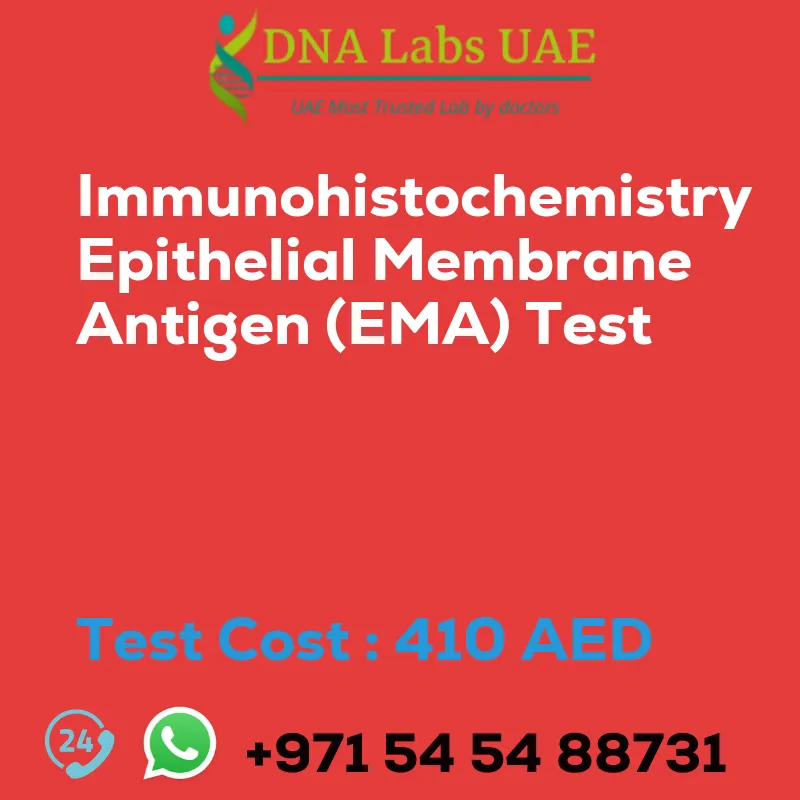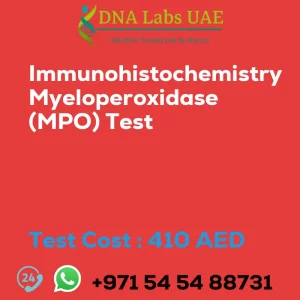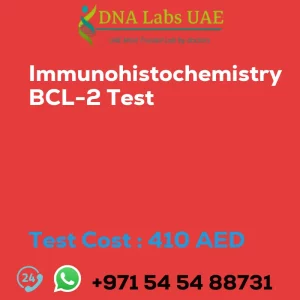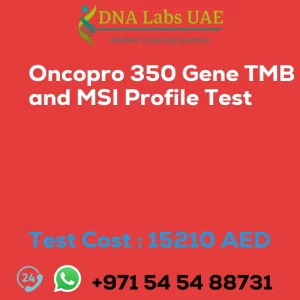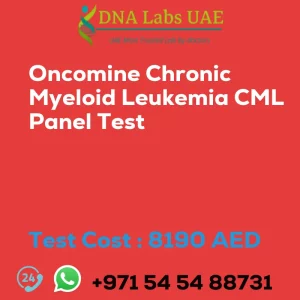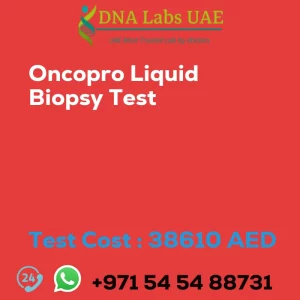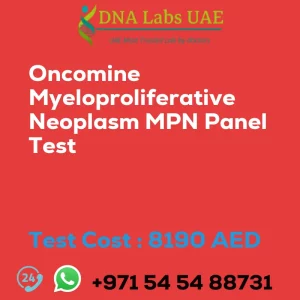IMMUNOHISTOCHEMISTRY EPITHELIAL MEMBRANE ANTIGEN EMA Test
Cost: AED 410.0
Test Components
- Price: AED 410.0
Sample Condition
Submit tumor tissue in 10% Formal-saline OR Formalin fixed paraffin embedded block. Ship at room temperature. Provide a copy of the Histopathology report, Site of biopsy and Clinical history.
Report Delivery
- Sample: Daily by 6 pm
- Report Block: 5 days
- Tissue Biopsy: 5 days
- Tissue large complex: 7 days
Method
Immunohistochemistry
Test Type
Cancer
Doctor
Oncologist, Pathologist
Test Department
Pre Test Information: Provide a copy of the Histopathology report, Site of biopsy and Clinical history.
Test Details
The IMMUNOHISTOCHEMISTRY EPITHELIAL MEMBRANE ANTIGEN (EMA) test is a diagnostic tool used in pathology to identify the presence of certain antigens on the surface of epithelial cells. EMA is a glycoprotein that is typically found on the surface of epithelial cells, including those in the gastrointestinal tract, respiratory system, and other organs.
The EMA test involves staining tissue samples with specific antibodies that are designed to bind to the EMA antigen. This staining process allows pathologists to visualize the presence and distribution of EMA in the tissue sample under a microscope. The results of the test can help in the diagnosis of various diseases, including certain types of cancer.
EMA testing is commonly used in the evaluation of tumors, particularly those of epithelial origin. It can help differentiate between benign and malignant tumors, as well as determine the site of origin for metastatic tumors. The test can also be used to diagnose certain autoimmune diseases, such as celiac disease and autoimmune hepatitis.
Overall, the IMMUNOHISTOCHEMISTRY EPITHELIAL MEMBRANE ANTIGEN (EMA) test is a valuable tool in pathology for identifying the presence and distribution of EMA antigens in tissue samples. It plays a crucial role in the diagnosis and management of various diseases, particularly those involving epithelial cells.
| Test Name | IMMUNOHISTOCHEMISTRY EPITHELIAL MEMBRANE ANTIGEN EMA Test |
|---|---|
| Components | |
| Price | 410.0 AED |
| Sample Condition | Submit tumor tissue in 10% Formal-saline OR Formalin fixed paraffin embedded block. Ship at room temperature. Provide a copy of the Histopathology report, Site of biopsy and Clinical history. |
| Report Delivery | Sample Daily by 6 pm; Report Block: 5 days Tissue Biopsy: 5 days Tissue large complex : 7 days |
| Method | Immunohistochemistry |
| Test type | Cancer |
| Doctor | Oncologist, Pathologist |
| Test Department: | |
| Pre Test Information | Provide a copy of the Histopathology report, Site of biopsy and Clinical history. |
| Test Details |
The IMMUNOHISTOCHEMISTRY EPITHELIAL MEMBRANE ANTIGEN (EMA) test is a diagnostic tool used in pathology to identify the presence of certain antigens on the surface of epithelial cells. EMA is a glycoprotein that is typically found on the surface of epithelial cells, including those in the gastrointestinal tract, respiratory system, and other organs. The EMA test involves staining tissue samples with specific antibodies that are designed to bind to the EMA antigen. This staining process allows pathologists to visualize the presence and distribution of EMA in the tissue sample under a microscope. The results of the test can help in the diagnosis of various diseases, including certain types of cancer. EMA testing is commonly used in the evaluation of tumors, particularly those of epithelial origin. It can help differentiate between benign and malignant tumors, as well as determine the site of origin for metastatic tumors. The test can also be used to diagnose certain autoimmune diseases, such as celiac disease and autoimmune hepatitis. Overall, the IMMUNOHISTOCHEMISTRY EPITHELIAL MEMBRANE ANTIGEN (EMA) test is a valuable tool in pathology for identifying the presence and distribution of EMA antigens in tissue samples. It plays a crucial role in the diagnosis and management of various diseases, particularly those involving epithelial cells. |

